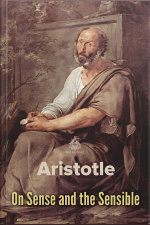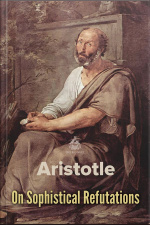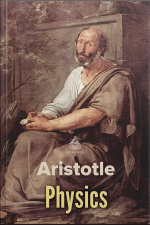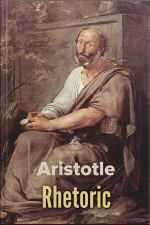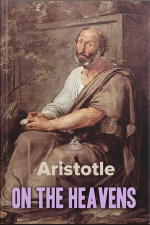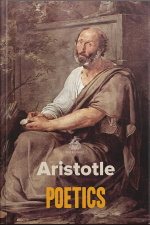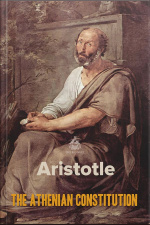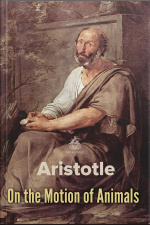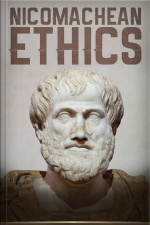As to the divination which takes place in sleep, and is said to be based on dreams, we cannot lightly either dismiss it with contempt or give it implicit confidence. The fact that...
Having now definitely considered the soul, by itself, and its several faculties, we must next make a survey of animals and all living things, in order to ascertain what functions...
Let us now discuss sophistic refutations, i.e. what appear to be refutations but are really fallacies instead. Some reasonings are genuine, while others seem to be so but are not,...
Physics is a collection of lessons that deal with the general principles of natural or moving things, both living and non-living, rather than physical theories or investigations...
Aristotle's Rhetoric is an ancient Greek text on the art of persuasion, dating from the 4th century BC.
The science which has to do with nature clearly concerns itself for the most part with bodies and magnitudes and their properties and movements, but also with the principles of...
Aristotle's Poetics is the earliest surviving work of dramatic theory and the first extant philosophical treatise to focus on literary theory. In it, Aristotle offers an account...
The Constitution of the Athenians describes the political system of ancient Athens. The treatise was composed between 330 and 322 BC.
Elsewhere we have investigated in detail the movement of animals after their various kinds, the differences between them, and the reasons for their particular characters (for some...
Aristotle (384-322 B.C.) is one of the most famous philosophers in history. Together with Plato and Socrates, Aristotle is responsible for Western philosophy as it is known today....

